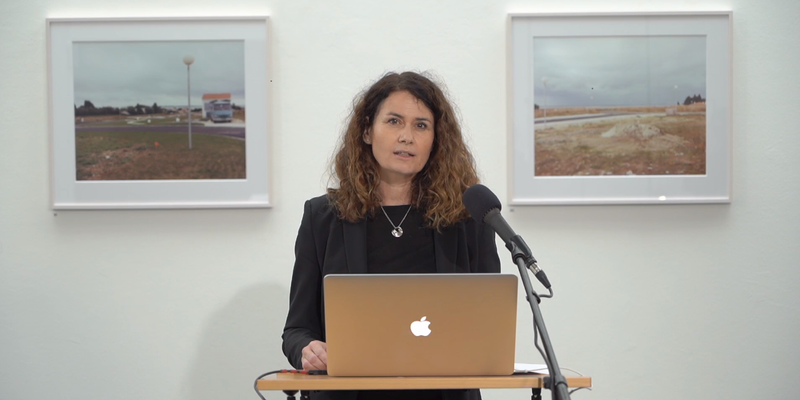Information and communication technologies are more important to us than ever, as the Corona pandemic has clearly shown. Digitalisation as a major social transformation process holds many opportunities for us. However, not all citizens in Germany have the same opportunities to access digital services. Highly digitalised cities with digital devices, services and mobile sharing platforms are contrasted with digitally underserved neighbourhoods, and demographic or socio-economic inequalities must also be taken into account. How can a digital divide in society be counteracted and urban digitisation be made inclusive, barrier-free and beneficial for all citizens?
This is the question emergenCITY professor Annette Rudolph-Cleff addresses in her contribution on “Segregation or participation: Social and Urban Consequences of Digitalisation” at the 25th Berlin Talk of the Association of German Architects (BDA).



